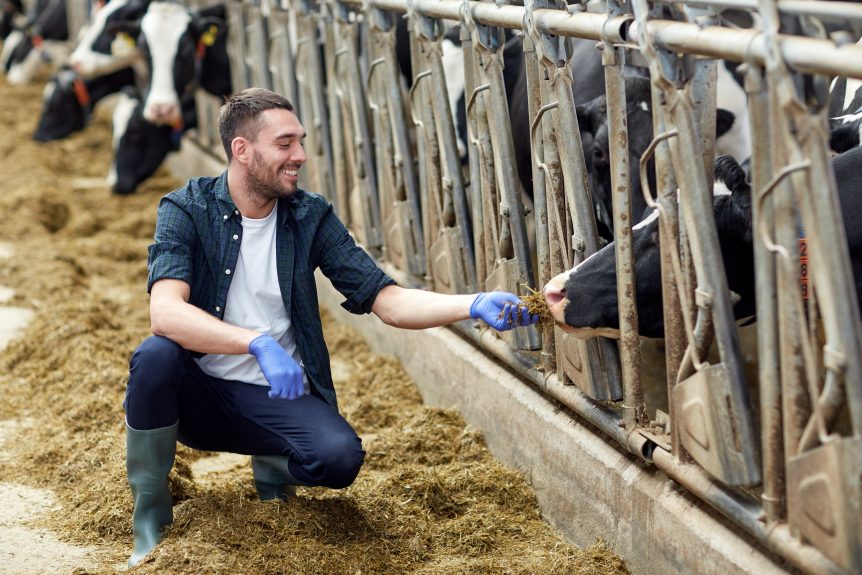General practitioners may be asked to test and vaccinate individuals, or work with an employer (such as a meat processor) to test and vaccinate staff.
Q fever is an illness caused by the Coxiella burnetii bacteria. The main carriers are farm animals such as cattle, sheep and goats.
Other animals can also be infected including kangaroos, camels, llamas, alpacas, rodents, cats, dogs, birds, wallabies and other marsupials.
Q fever is mainly spread from animals to humans via inhalation of infected particles in the air.
Any case of Q fever needs to be reported to health authorities.
Who is at risk?
People at increased risk of contracting Q fever include those in direct contact or close to infected animals, their products (placenta, milk, urine, faeces, wool and hides and contaminated material (such as dust, aerosols, soil, grass, straw, clothes).
Signs and symptoms
Many infected people have no or few symptoms. Those who become ill typically get high fever, chills, headache, extreme fatigue, muscle and joint pain and severe sweats. Some people have substantial weight loss. Symptoms usually persist for two to six weeks.
Treatment
If given early, antibiotics can reduce the time for which people have Q fever. Some people require admission to hospital. Chronic disease may require more than a year of antibiotics.
Q Fever Register
The online register https://www.qfever.org/gpinformation provides GPs with information about screening and vaccination, and a record of the Q fever immune status of people working or associated with the meat processing and affiliated livestock industries. However, other individuals may also register their Q fever immune status.

